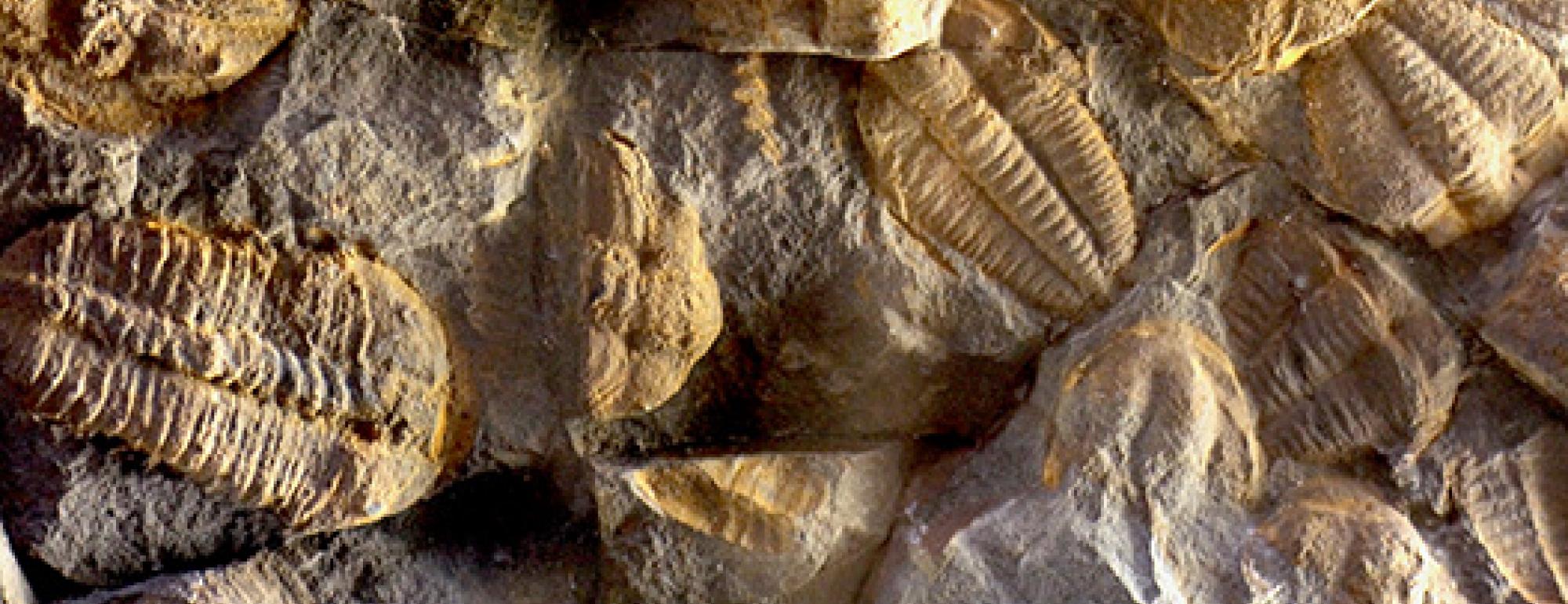The Earth and Planetary Sciences Department sponsors a number of minor programs, including minors in Geology (with an emphasis in either General Geology, Engineering Geology, Geochemistry or Paleobiology) and Geophysics. In addition, the department administers two interdisciplinary minors: Environmental Geology and Oceanography.
Students majoring in Geology may elect to complete a minor in Geophysics, Environmental Geology, and Oceanography. They may not complete a minor in Geology. Students majoring in Marine and Coastal Science may elect to complete any of these minors except for Oceanography.
Be sure to meet with your major and minor advisors to plan your minor, including prerequisites, courses offered, overlap with your major, and declaring your minor.
- Declare your minor the quarter before graduation using the OASIS Minor Declaration form
- Only one course can count for both a major and a minor
- Check when each minor course is offered here
Related minors from other departments:
- Atmospheric Science
- Climate Science and Policy
- Energy Policy
- Environmental Policy Analysis and Planning
- Environmental Toxicology
- Geographic Information Systems
- Geographic Studies
- Hydrology
- Museum Studies
- Soil Science
- Watershed Science
You may also consider a minor to help you build transferrable skills, such as Contemporary Leadership, Professional Writing, Managerial Economics, or Communication.
See the full list of minors.


